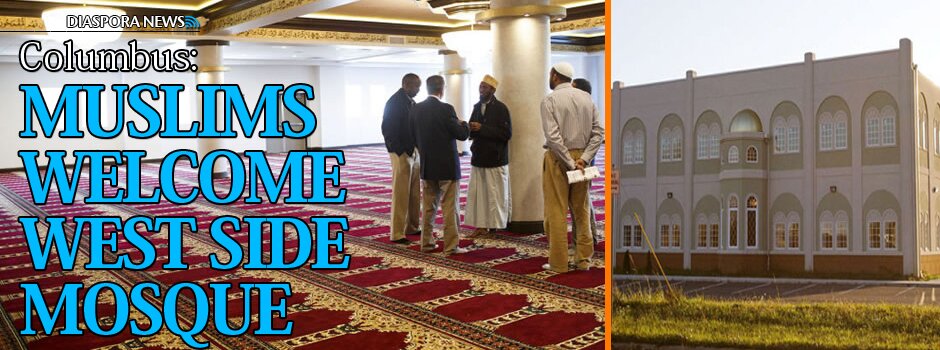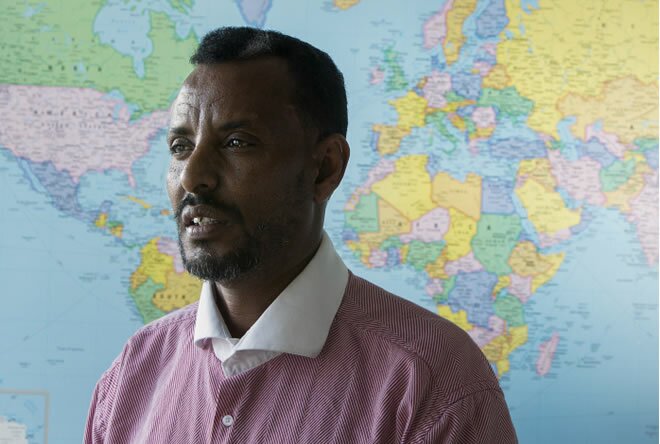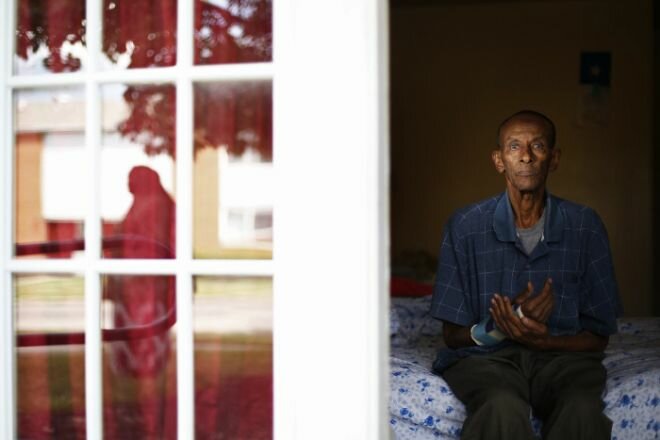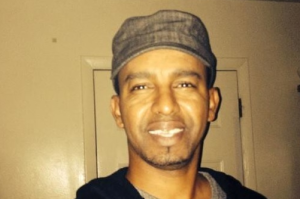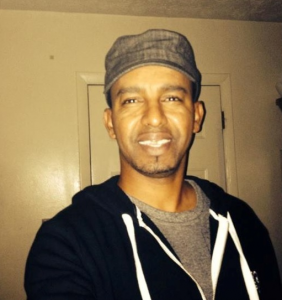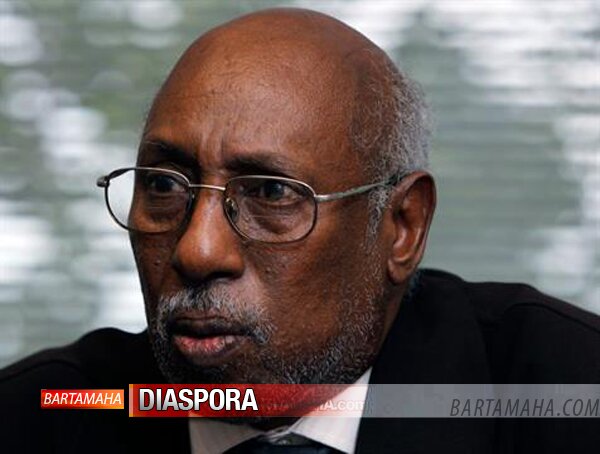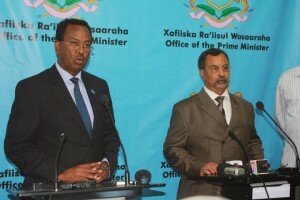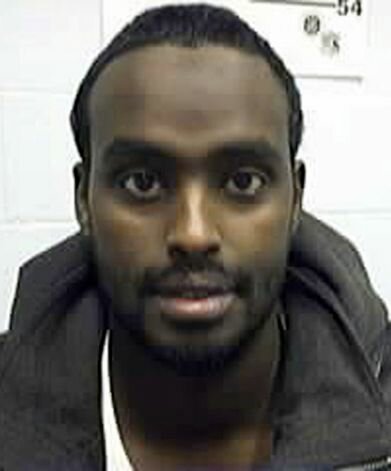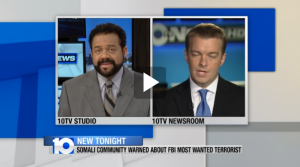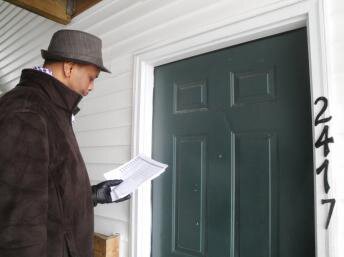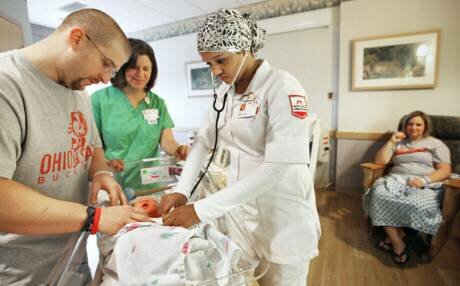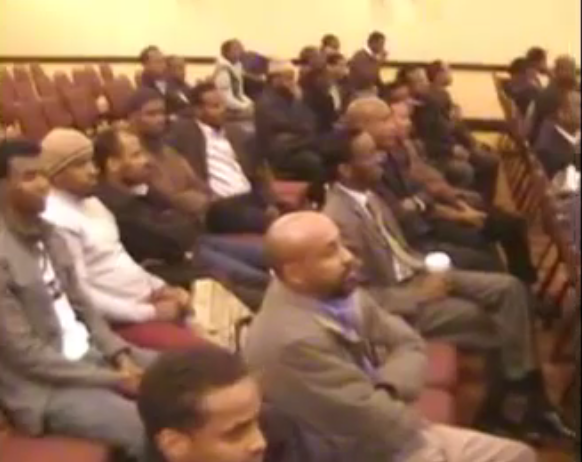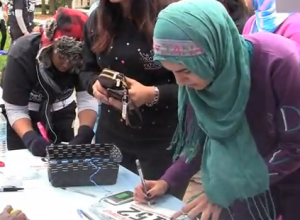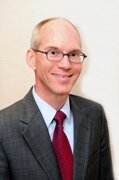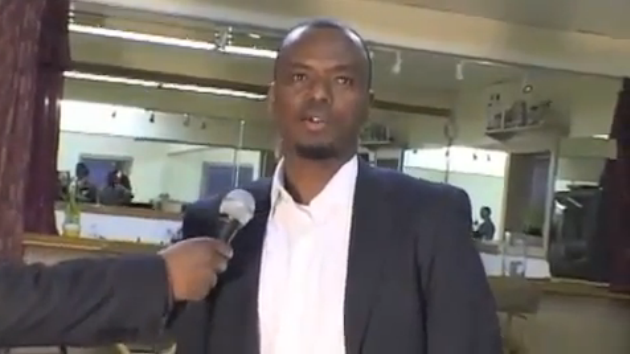Immigrants’ degrees from abroad rarely recognized in U.S.
Columbus –When Abdi Muhammad Ali fled Somalia to a refugee camp in eastern Kenya in 1991, he remembered one important piece of paper.
His college diploma.
But his degrees in English and history from Lafole University, a college in Somalia, aren’t accepted here the way a U.S. or European degree would be. He said he had published two novels in Somalia and was working as a director at the state insurance agency there before he left for his family’s safety.
“I’m happy with the degree I have, but when I came, I had the pressure of taking care of my family,” said the Gahanna resident, who worked as a taxi driver with Orange Cab until last winter, when he injured his hip.
Ali is one of many refugees who came to the United States with a wish for security and a degree they cannot use.
U.S. Citizenship and Immigration Services does not keep track of an immigrant’s education status unless it is a requirement for a certain type of visa, said Mary Lou Cabrera, an agency spokeswoman. But Angie Plummer, the director of Community Refugee & Immigration Services, said she sees this problem most among Iraqi, Ethiopian, Somali and Bhutanese refugees.
Hassan Omar, the director of the Somali Community Association of Ohio, said many Somalis who have degrees they can’t use in the U.S. are in their 40s and came to this country 20 years ago when civil war broke out in Somalia in the 1990s.
“I can think of 10 people off the top of my head,” he said.
Plummer and Charis Steffel, communities specialist at the World Relief Columbus refugee-resettlement program, said the refugees who come to the United States with degrees are in the minority, and some nationalities are affected more than others.
“Within the refugee community, it’s the biggest challenge for the Iraqi community,” Plummer said. “We’ve had many Iraqis that have taken a huge economic step backward, but they have traded it all for the security. It’s a tough pill to swallow.”
One of those Iraqi refugees is Sinan, who came to Columbus in May. After five years of dental school, Sinan, who asked that only his first name be published because he fears that being identified could endanger his relatives in Iraq, started two years of rotations at Iraq’s Ministry of Health. The 36-year-old refugee fled because government corruption drained the ministry of its funds, equipment and medication.
“At one point, I was buying anesthesia for my patients,” he said through a translator. “There were murders in the street every day. There was no future anymore.”
Like many other refugees, Sinan has an American friend who sponsored his relocation. Refugee-resettlement agencies help them find housing, get a Social Security number, enroll in school and adjust to cultural differences.
Tadd Wamester, who works with job seekers at the refugee and immigrant recertification program Upwardly Global, said there are barriers to refugees in licensed professions such as engineering, medicine and accounting because they require documents, tests and degree evaluations to prove a person’s skills.
He said dentistry is one of the most time-consuming and costly professions for recertification because each state has a different professional organization that influences the standards. Immigrants and refugees have to take multiple tests and training sessions that can cost more than $100,000 over at least four years.
“It’s like starting from scratch,” Wamester said. “There are fewer pathways for dentists than there are for physicians.”
Sinan, who is at the beginning of recertification, is now enrolled in English and employability classes. He knows it will take years to get reestablished as a professional here.
“It’s stressful and difficult because you come here and have to accept any job to provide for yourself,” he said. “It’s a drawn-out process, but I have to depend on work that is available to me and take it day to day.”
Source: Columbus Dispatch
[email protected]
@MadeleineWiner
Comments
comments
 Calendar
Calendar





